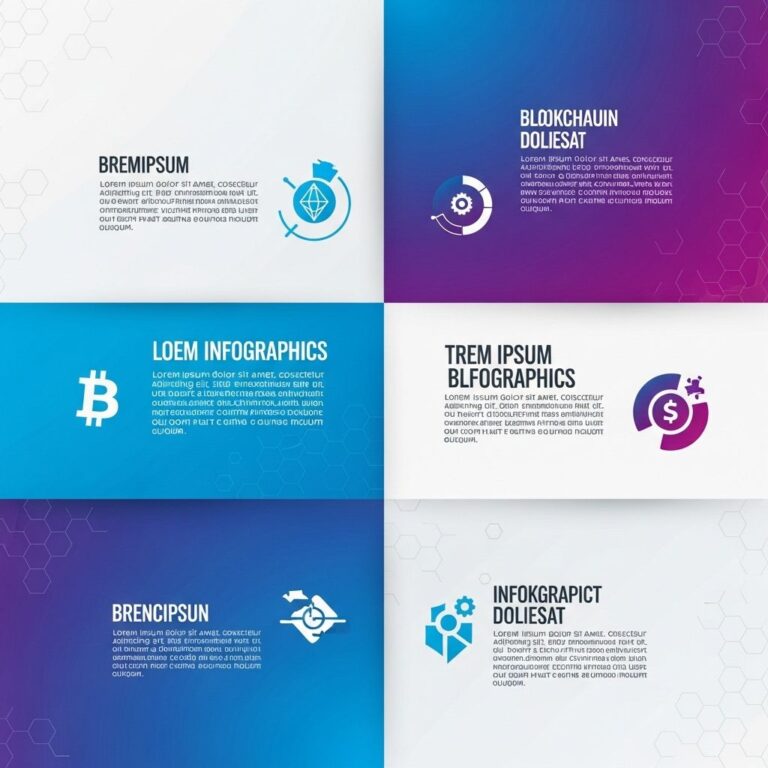Embarking on a freelance career can be both thrilling and daunting. As a newcomer in the gig economy, it is crucial to equip yourself with the right tools that streamline your workflow, improve productivity, and ultimately enhance your client interactions. In this article, we will delve into five essential tools that every new freelancer should consider integrating into their professional toolkit.
Table of Contents
1. Project Management Tools
Project management tools help freelancers organize their tasks, deadlines, and communication with clients. These platforms allow for greater transparency and can significantly boost efficiency. Here are a few widely used options:
- Trello: A visual tool that uses boards, lists, and cards to help you break down your projects.
- Asana: Excellent for task assignments and tracking progress across multiple projects.
- ClickUp: A versatile platform that combines tasks, docs, goals, and chat in one location.
Choosing the Right Tool
When selecting a project management tool, consider the following:
- Your specific workflow and project needs
- The size of your team, if applicable
- Integration capabilities with other tools you use
2. Invoicing Software
Managing finances can be one of the trickiest parts of freelance work. Invoicing software helps you create professional invoices, track payments, and manage your finances in one place. Some popular options include:
| Tool | Key Features | Price Range |
|---|---|---|
| FreshBooks | Time tracking, expense management, client portal | Starts at $15/month |
| Wave | Free invoicing, accounting features, receipt scanning | Free |
| Harvest | Invoicing, time tracking, project budgeting | Starts at $12/month |
Best Practices for Invoicing
To ensure timely payments, follow these best practices:
- Send invoices promptly after project completion
- Clearly outline payment terms and methods
- Follow up politely on overdue invoices
3. Communication Tools
Effective communication is key in freelance work, especially when collaborating with clients or other freelancers. The right communication tools can enhance clarity and collaboration. Popular tools include:
- Slack: A messaging platform that allows for group discussions, direct messages, and file sharing.
- Zoom: Ideal for video calls, webinars, and virtual meetings.
- Email Clients (Gmail, Outlook): Essential for formal communication and sharing documents.
Enhancing Communication Skills
Utilizing communication tools effectively can lead to better client relationships. Here are some tips:
- Be clear and concise in your messages
- Use templates for common inquiries
- Practice active listening during meetings
4. Time Management Applications
Time is money in the freelance world. Time management applications can help you track how much time you spend on tasks, ensuring you bill accurately and maintain a balanced work-life schedule. Consider these options:
- Toggl: A straightforward time tracker that allows you to categorize tasks easily.
- RescueTime: An application that tracks your computer usage and provides insights into your productivity.
- Focus@Will: A productivity music app that enhances focus during work sessions.
Maximizing Productivity
To get the most out of your time management tools, try implementing the following strategies:
- Set specific goals for each work session
- Use the Pomodoro technique—work in 25-minute intervals followed by breaks
- Analyze your time reports to identify areas for improvement
5. Portfolio Websites
As a freelancer, showcasing your work is essential to attracting clients. A well-designed portfolio website acts as a digital business card and provides potential clients insight into your skills and style. Consider these platforms to create an appealing portfolio:
- Wix: User-friendly drag-and-drop website builder with customizable templates.
- Squarespace: Offers visually stunning designs ideal for creative portfolios.
- Behance: A platform specifically for artists and designers to showcase their work.
Building an Effective Portfolio
To create a portfolio that stands out, keep these tips in mind:
- Include a variety of work samples that highlight your range of skills
- Add case studies to demonstrate your problem-solving abilities
- Keep your design clean and user-friendly
Conclusion
Starting a freelance career can be overwhelming, but the right tools can make all the difference. By incorporating project management tools, invoicing software, communication platforms, time management applications, and portfolio websites into your routine, you will set yourself up for success. Embrace these essential tools to enhance your productivity, manage your time efficiently, and present your work in the best light possible. The freelance landscape is evolving, and being well-equipped will ensure you stand out in a competitive market.
FAQ
What are the best tools for managing freelance projects?
Top tools for managing freelance projects include Trello for task organization, Asana for project management, and Toggl for time tracking.
Which invoicing tools should freelancers use?
Freelancers can benefit from using invoicing tools like FreshBooks, Wave, or QuickBooks to streamline billing and payment processes.
What communication tools are recommended for freelancers?
Effective communication tools for freelancers include Slack for team chats, Zoom for video conferencing, and Google Meet for virtual meetings.
How can freelancers improve their productivity?
Freelancers can boost productivity by using tools like Todoist for task management, RescueTime for time tracking, and Focus@Will for concentration music.
What tools can help freelancers with marketing their services?
Freelancers can utilize tools like Canva for graphic design, Hootsuite for social media management, and Mailchimp for email marketing campaigns.









